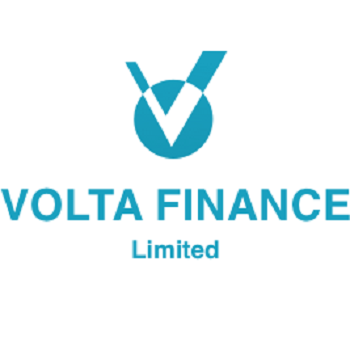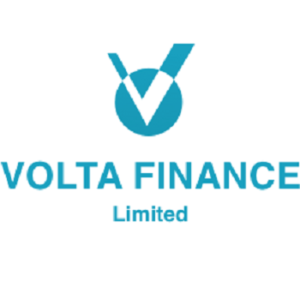Structured products and collateralised loan obligations (CLOs) have become increasingly popular among investors seeking to diversify their portfolios and achieve higher returns. These financial instruments, while complex, offer unique advantages that can enhance investment strategies when understood and utilised effectively.
Structured products are pre-packaged investment strategies designed to meet specific investor needs. They combine traditional securities such as bonds and equities with derivatives to tailor risk-return profiles. One of the primary benefits of structured products is their ability to provide customised exposure to various asset classes, markets, and strategies. This customisation allows investors to target specific investment goals, such as capital protection, income generation, or participation in market growth, while mitigating potential risks.
Another significant advantage of structured products is their potential for higher yields compared to traditional investments. By incorporating derivatives, these products can offer enhanced returns even in low-interest-rate environments. Additionally, structured products can be designed to provide returns that are uncorrelated with broader market movements, thereby reducing overall portfolio volatility.
Collateralised loan obligations, on the other hand, are a type of structured credit product that pools together a portfolio of loans, typically leveraged loans, and repackages them into securities that can be sold to investors. CLOs are attractive to investors for several reasons. Firstly, they offer higher yields than many other fixed-income securities due to the nature of the underlying assets. Leveraged loans typically have higher interest rates than investment-grade bonds, providing investors with an opportunity to earn more significant returns.
Moreover, CLOs provide a diversified exposure to the loan market. The loans within a CLO are often spread across various industries and geographic regions, which helps to mitigate the risk associated with any single borrower or sector. This diversification can lead to more stable returns over time, making CLOs an appealing option for investors seeking consistent income streams.
Another benefit of CLOs is their structured nature, which includes multiple tranches with different risk and return profiles. This structure allows investors to choose tranches that match their risk tolerance and investment objectives. For instance, senior tranches are typically less risky and offer lower returns, while junior tranches carry higher risk but offer potentially higher yields. This flexibility enables investors to optimise their portfolio according to their individual preferences.
Furthermore, CLOs have demonstrated resilience during various market cycles. Despite the complexities and risks associated with leveraged loans, CLOs have historically shown strong performance and low default rates compared to other high-yield investments. This resilience can be attributed to the rigorous analysis and active management performed by CLO managers, who continuously monitor the underlying loans and adjust the portfolio to maintain its performance.
In summary, structured products and collateralised loan obligations offer compelling benefits for investors looking to enhance their portfolios. Structured products provide tailored investment strategies with the potential for higher yields and reduced volatility. Meanwhile, CLOs offer diversified exposure to the loan market, attractive yields, and flexibility in risk and return profiles. Understanding these advantages can help investors make informed decisions and leverage these instruments to achieve their financial goals.
Structured products and collateralised loan obligations represent valuable tools in modern investment strategies. By appreciating their benefits and complexities, investors can effectively incorporate these instruments into their portfolios, ultimately enhancing their potential for achieving desired financial outcomes.
Volta Finance Ltd (LON:VTA) is a closed-ended limited liability company registered in Guernsey. Volta’s investment objectives are to seek to preserve capital across the credit cycle and to provide a stable stream of income to its Shareholders through dividends that it expects to distribute on a quarterly basis.



